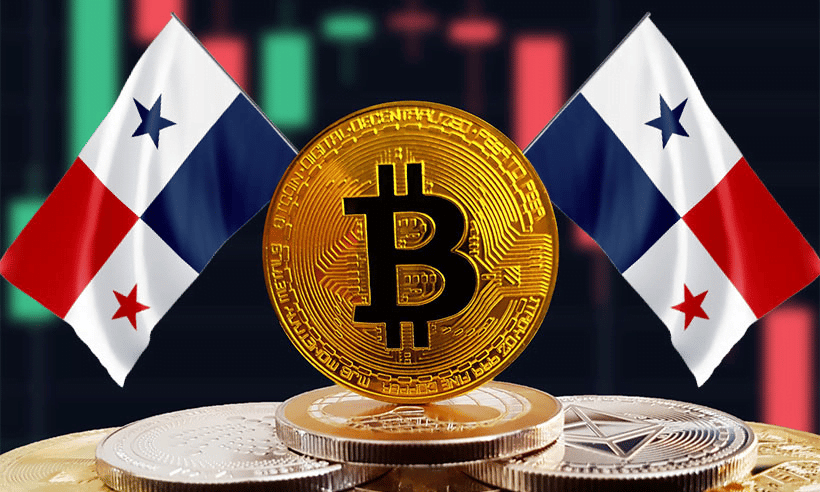
Coinposters
Panama President Rejects Crypto Bill

For weeks, Panama President Lorentino Cortizo has been procrastinating on approving a crypto law offered by the country’s parliament, claiming the absence of Anti-Money Laundering legislation and a lack of enough information on his part.
President Juan Manuel Santos partly vetoed a crypto measure enacted by the Panamanian National Assembly two months ago, according to Gabriel Silva, a member of the National Assembly.
It is presently being studied by the National Assembly, according to Silva, who says that the law is being revised based on what seems to be inconsistencies.
A meeting of the Government Commission and the Trade Commission must now take place to determine what is unlawful (what is inconvenient)
In the words of Silva.
It took the Panamanian National Assembly two months after the third debate to ratify the measure regulating digital assets and making them an official form of payment in Panama. The president’s signature was the last thing needed.
According to Silva, the purpose of the measure was to promote the country’s crypto business in order to bring in more investment and create more jobs. Following in the footsteps of El Salvador, the crypto law would allow Panama to join the ranks of its Latin American neighbors. In contrast, Panama’s law doesn’t recognize cryptocurrency as a kind of currency.
Banks, residents, and other organizations in the nation would be free to accept and make payments in cryptocurrencies if the option were made available without restrictions.
Bitcoin, Ethereum, Litecoin, Stellar, Algorand, and other cryptocurrencies are all listed in an early draft of the law.
Digital assets have thrived in Latin America, which is one of the world’s most favorable locations. From 2019 to 2021, the usage of cryptocurrencies in the area has increased by 1,370 percent. Cryptocurrencies are flourishing in Argentina, Brazil, and Cuba. In September of last year, El Salvador became the first nation in the world to legalize the use of Bitcoin (BTC).
A favorable answer from the president would allow for more innovation and new economic prospects for individuals and enterprises alike in Panama after the National Assembly’s amendments to the country’s crypto law.
Latest
Bitcoin
05 Feb 2026
Bitcoin
03 Feb 2026
Bitcoin
20 Jun 2024
Bitcoin
09 May 2024
Bitcoin
19 Apr 2024













